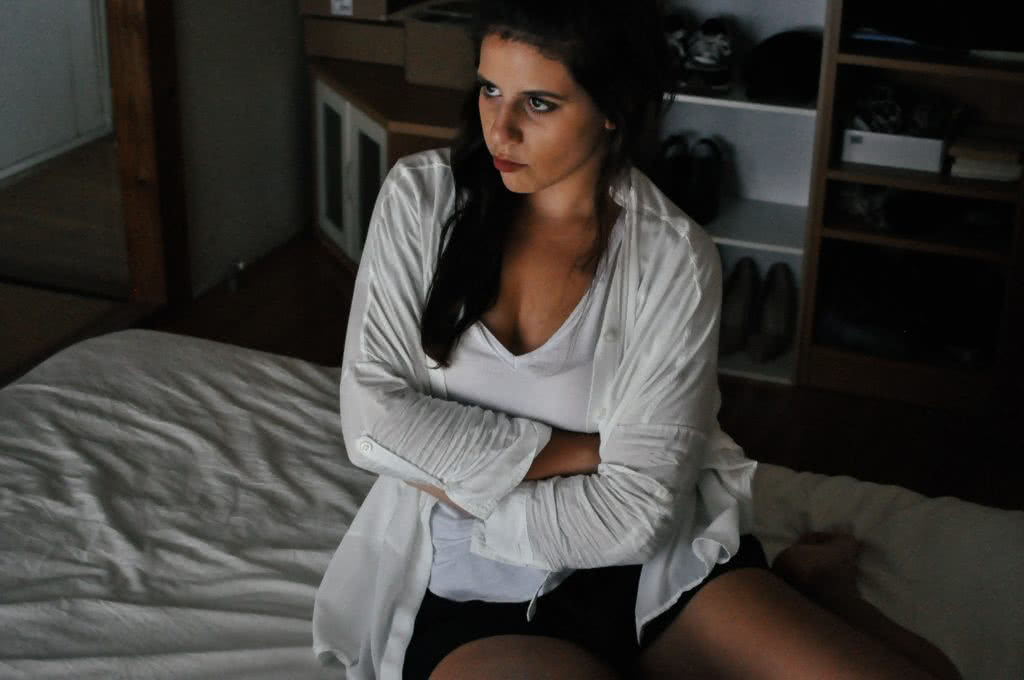The Connection Between Anxiety And Anger

On the surface there may not seem to be a connection between anxiety and anger besides the facts that both words describe emotions and begin with the letters “a.” Yet, there is more overlap than one might think. To start, unlike anger, anxiety is not always loud and clear in identifying itself. It can masquerade as other emotions, and can lurk amidst many other powerfully uncomfortable ones.
In my work with patients, I find emotional struggles almost always involve some level of anxiety. When we lwork to break down complicated emotions into various component emotions, we often find anxiety. It seems to be the common denominator in emotions that carry unease and discomfort.
For one thing, helping people detangle their fears of anxiety from the anxiety itself is always helpful. Sometimes, simply recognizing that anxiety isn’t itself harmful is enough to dial it down to where it can be useful.
Like a volume knob on some emotional radio, the more the loss of control, the more severe the stress is perceived to be.
~ John Medina in Brain Rules
When anxiety is buried in different feelings, like anger, it can act as an escalator of those other emotions. I sometimes refer to anxiety as a “volume control” of other painful emotions; the higher the volume of the painful emotion, the higher the anxiety.
Anger almost always has an element of anxiety to it.
Not only has the relationship between anger and anxiety been well documented in the literature, but it is also prevalent. In fact, the American Psychological Association’s annual study of Stress in America noted irritability and anger as the leading symptom of stress in America in 2015.
Consider the agitation of waiting aboard a delayed flight, an evening at home with seemingly nothing to do, or a lecture that simply doesn’t grab your attention. Your discomfort in these situations is often the extent to which you would rather be somewhere else, doing something else, avoiding the frustration of the moment, and how much you are working to ignore it. In other words, you are fighting your experience.
Anxiety kicks in and escalates your discomfort when you allow yourself to think that you can’t tolerate what’s happening. The more you focus on how intolerable the situation is, the more agitated and upset you become.
When it comes to virtually any uncomfortable feeling, anxiety can ratchet up our discomfort. When anxiety activates hurt, it tends to produce anger.
Sometimes anxiety can become aggressive and trigger even greater anger – tantrums, argumentativeness and rage.
Anxiety can particularly accelerate anger when the anxious person isn’t allocating their resources effectively. Often, they are so overwhelmed by trying to manage or ward off their anxiety that they don’t realize how they come across to the people they love, or worse, are too consumed by it to risk showing vulnerability.
When you experience anger, look beneath your anger and you will often uncover anxiety – afear that something you care about is at risk, and you are not in control.Any emotion is accelerated when our anxiety tricks us into thinking we can’t, or don’t want to, handle whatever situation is causing us discomfort. Anger is no exception.
Sadness becomes anger when the source of your sadness feels intolerable. Anxiety’s message of “danger ahead, beware” in response to the sadness gets misunderstood as “I just can’t handle that!” and erupts as anger.
The connection between anxiety and anger is complex. Yet it is more easily understood when we recognize that anxiety not only escalates anger, it can masquerade as anger too.
Looking for more help managing anger and the anxiety that so often fuels it? Check out my book, Hack Your Anxiety, full of strategies to keep anxiety working for you, rather than against you.
Photo by Priscilla Du Preez on Unsplash
This is a great article. When I’ve spoken with my therapist she asks me where I think my anger is coming from. For a long time I didn’t know. It makes sense that it’s a fear that you can’t control something or something you care about is at risk. This is something I continue to improve upon. I only wish that my husband understood this more and wouldn’t be as upset when this occurs. I try everything I can to be a better person all the time despite my anxiety.